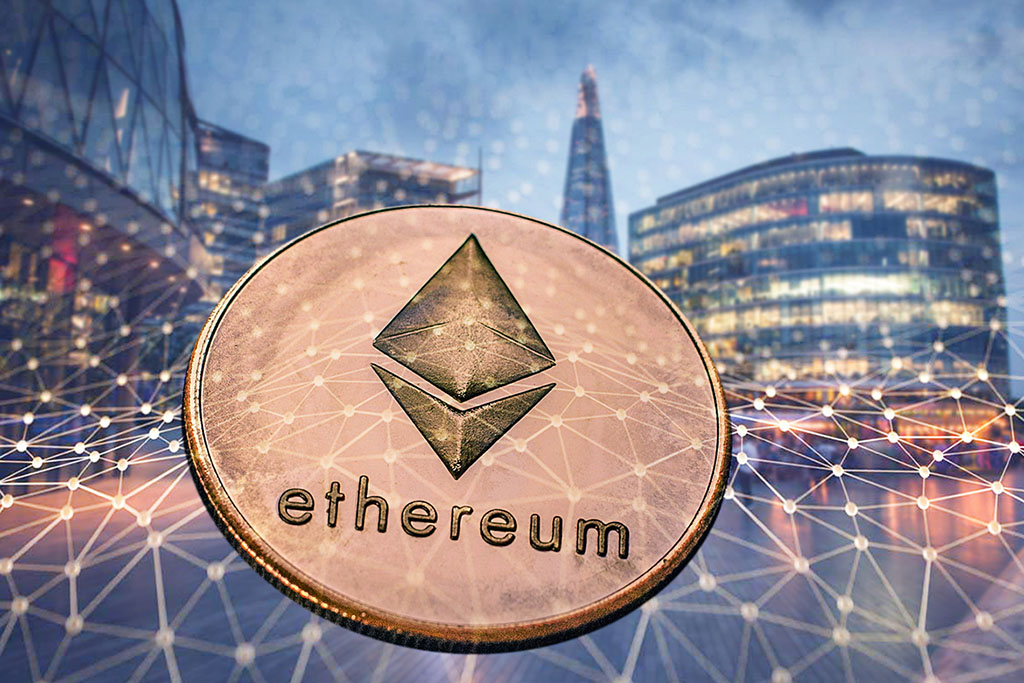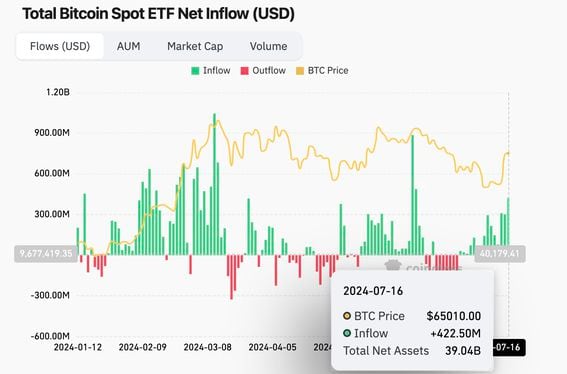El Salvador has made a bold move that screams, “Come hither, international investors!” By slashing the income tax for money entering from overseas from a steep 30% right down to zero, nada, zilch. The country’s legislative assembly gave this radical reform the green light, planning to turn El Salvador into a magnet for foreign investments. The motive behind this is to spark a boom in both domestic and foreign investments, firing up the economy and opening the floodgates to more job opportunities.
The Ripple Effect of Tax Elimination
When El Salvador’s Congress put their heads together and decided to axe the income tax on foreign money. They had a vision. A vision to transform the country into an investment paradise. Money that flows into the country, be it from families sending cash back home or corporations looking to plant their flags, will no longer be nibbled away by taxes, regardless of the amount. Previously, any incoming amount north of $150,000 was greeted with a 30% tax rate the moment it crossed the border. Not anymore.
This whole thing is about invigorating the economy and creating a job market that’s not just bigger, but also better. It’s about saying, “Hey, world, El Salvador is open for business!” With a rapidly expanding economy, thanks in part to its savvy Bitcoin plays, the country is setting its sights high. The lawmakers and the President, Nayib Bukele, believe in the power of cryptocurrency to not only strengthen the economy but to also shine a spotlight on El Salvador as a hub of innovation and investment.
A Nation on the Rise
El Salvador’s journey from a traditional economy to a Bitcoin haven is the stuff of legends. Since Bukele’s ascendancy to the presidency in 2019, El Salvador has been on a rollercoaster ride of transformation. From being the first country to embrace Bitcoin as legal tender to accumulating impressive profits from its Bitcoin stash, El Salvador is on a mission to redefine its place in the global economy.
Under Bukele’s leadership, El Salvador has seen steady economic growth. The country’s GDP ballooned from $24.9 billion in 2019 to $32.4 billion by 2022, with forecasts predicting continued growth. Bukele, with his mix of charisma and controversy, has managed to draw global attention, investments, and, yes, tourists, to this small Central American nation.
Bitcoin has played an important role in this saga. Despite the naysayers, El Salvador’s bet on Bitcoin has paid off, turning a tidy profit and, more importantly, signaling to the world that it’s ready to lead in the digital currency space. The move to eliminate income tax on foreign investments and remittances is yet another chapter in this unfolding story, positioning El Salvador as a trailblazer in economic reform.





